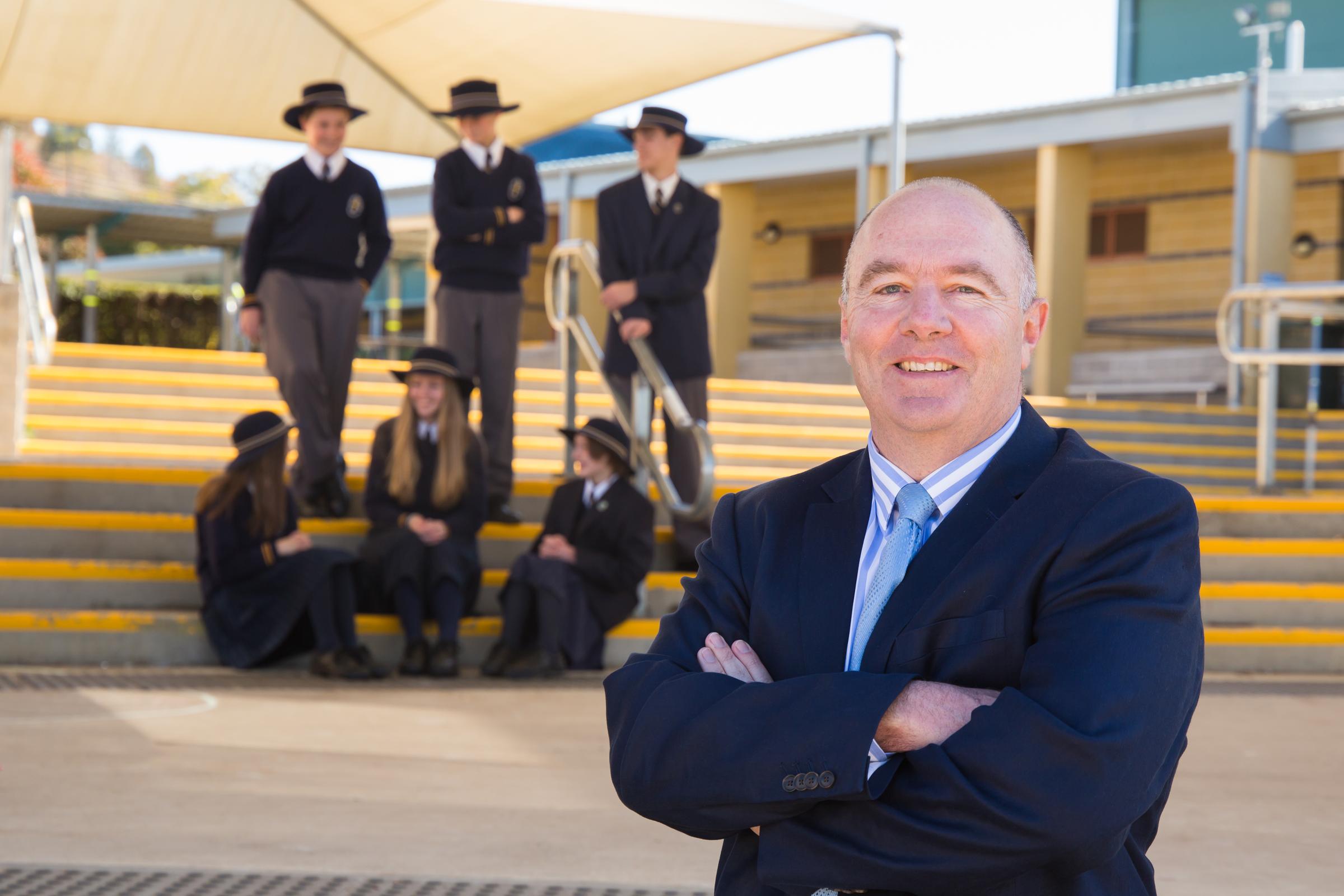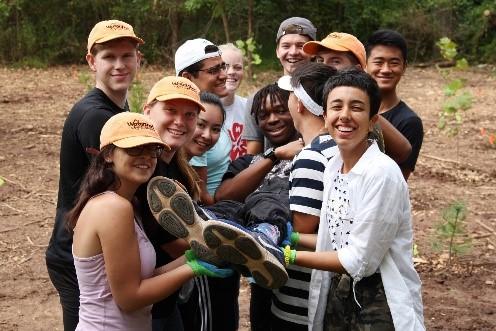Assistant Principal - Pastoral Care

Institution or Community?
When schools are working well they are much more a community than an institution. Institutions are focused on providing services in a sustainable way. To do this, institutions have sharply defined roles with clear rules and regulations to be adhered to – both ethically and legally. Institutions tend to be stable and predictable in the delivery of service. This can also mean that institutions struggle to adjust to rapid changes in the environment in which they exist which contributes to distrust and a growing sense that the institution is self-serving and more interested in its own survival (two good examples would be the US Government since the Watergate scandal in 1974 and the Catholic Church’s response to child sexual abuse).
Like a family, community is a place where we discover what it means to belong. Being a part of a community is something we recognise when we experience it. Community is generally found in the quality of relationships that provides a connection to others through the support we receive and that we give to others plus we share things in common. It is in the context of community that we are able to undergo growth and transformation as we explore and come to understand who we are as individuals.
Peter Block argues in his book, ‘Community: The Structure of Belonging’, that one of the results of post-modern society is that increasingly community is fragmented. Western society is characterised by rising feelings of isolation and alienation which becomes amplified by a media that constantly presents a narrative that ‘the world is a dangerous place, we need more control, more surveillance, tougher laws, stronger leaders, someone to blame’. Block terms this the rise of the ‘retributive community’. This cultural phenomenon can be seen in the rise of Donald Trump in America and the Brexit fiasco in the United Kingdom. Such a worldview simply increases peoples sense of isolation and powerlessness and so despair and anxiety and discontent flourish.
Promoting and then exploiting such feelings are the ‘happiness’ and marketing industries that urge people to purchase their products with the promise that it will fill the void, ease the anxiety and dispel the despair. It is always fascinating to watch the way Christmas becomes a marketing bonanza and a time for mass -consumption. News reports laud the consumer spending statistics while weary shoppers are interviewed lamenting how last minute they have been and everyone asks each other ‘are you ready yet?’ then a day or two after the Boxing Day sales frenzy there are segments on the television on how to get your credit card in balance after two months of ads compelling us to join the spending spree. If you know any police officers, they can tell you about the real misery that follows the consumption marathon with horror stories of spikes in abuse and violence (a rise of 20% during the Christmas-New Year period) that comes in the wake of the Christmas shop-a-thon.
Another feature of the ‘retributive community’ is the more powerless and disenfranchised individuals feel, the more they blame others. When we are in a position to blame others – such as politicians, bureaucrats, teachers, the police or immigrants – it actually frees us from responsibility to make change or to have to work for it (note how certain media commentators say that Australia isn’t responsible for climate change, why should we change anything?). It is always much easier to externalise blame rather than look inward and examine ourselves and then to work hard to contribute to a solution.
With the growth of fragmentation in society, it is an imperative that schools become places of hope. The antithesis of the ‘retributive community’ is the ‘restorative community’. Restorative communities are dedicated to reaffirming human good and redefining what it means to be human. In a Catholic school, the well-spring for our hope comes from our Christian faith and heritage.
Restorative communities provide individuals with the opportunity to explore how to live life well. Our community is inspired by the life of Jesus which urges us to live in right relationship with God and with our fellow human beings. When we enable our lives to be shaped by the narrative of Jesus, social transformation occurs. People begin to respond to the needs of others rather than focusing on self-centredness.
Our challenge as a school is to balance our institutional requirements such as being financially responsible or meeting Work Health and Safety regulations and legal obligations for delivering NESA mandated curriculum as well as being a community that offers hope and a purposeful and meaningful sense of connection for young people. This is our work. Next year I will write about some of the ways that we are endeavouring to get this balance right so that our students and parents and staff feel they are more a part of a community than an institution.
Mr Mick Larkin - Assistant Principal - Pastoral Care




